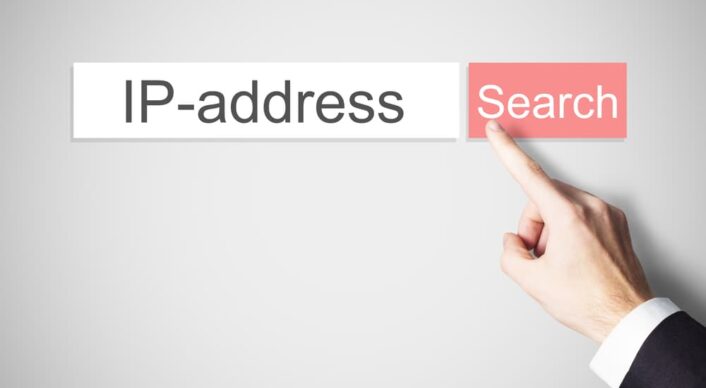
An interesting development is taking shape in the browser world, one that could soon impact us digital marketers and SEO specialists. Google Chrome is preparing to test a new feature that allows users to hide their IP addresses. The latest news, reported by sources such as Bleeping Computer, indicates that this move will enhance users’ online privacy and security by preventing websites from seeing their exact IP addresses. However, this is an opt-in feature—meaning users will need to actively choose to enable it, and it won’t be set as a default.
The effects of IP anonymization
What impact this change might have, if fully rolled out, is hard to predict. While this initiative has received positive feedback from some users and privacy advocates, others have raised concerns about its potential effect on websites’ ability to combat malicious activity and fraud. Nevertheless, it’s clear that this new feature marks an important step toward giving users more control over their digital privacy and security.
For those of us working with search engine optimization, this change will likely affect how we analyze and track traffic. It could also impact sites that rely on geotargeting for their various language versions. While we don’t yet know enough to draw firm conclusions, it’s possible that hreflang tags will become increasingly important for multilingual websites.
Like much else in the tracking landscape over the past year, this will likely require an adjustment in strategy to keep up with the changing environment of user behavior and search preferences.
